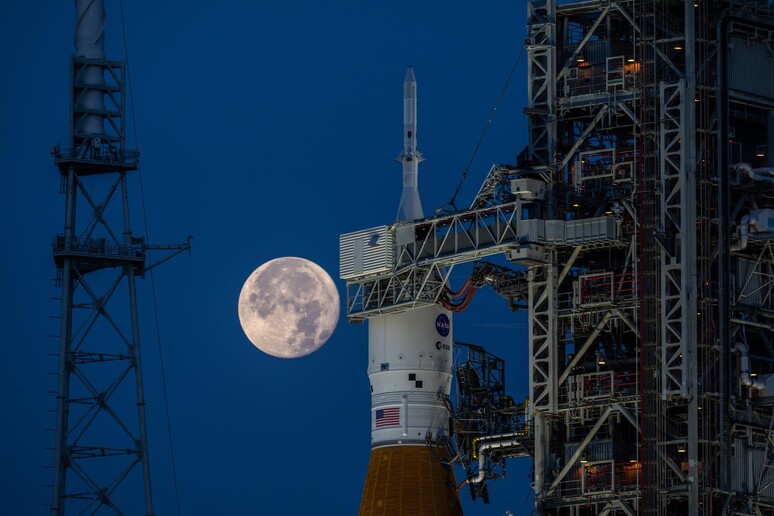The National Aeronautics and Space Administration NASA has recently updated its official communication regarding the Artemis III mission, removing the reference to the landing of the first woman and the first person of color on the Moon.
The decision aligns with the new directives from the Trump administration, which ordered the removal of diversity, equity, and inclusion (DEI) policies from federal agencies.
The Artemis III mission, scheduled for 2027, which is set to return humans to the lunar surface after more than fifty years, had initially emphasized a commitment to greater representation among the astronauts who would set foot on Earth’s natural satellite. However, a recent revision of the agency’s website has removed the explicit reference to this goal.
A NASA spokesperson confirmed that the language update was made in accordance with the new Republican guidelines. The spokesperson also emphasized that the agency is awaiting further guidance on the strategy to be undertaken for the future of space exploration, including preparations for Mars missions.
NASA is not the only federal institution to have modified its policies following the new directives. Organizations such as the the Internal Revenue Service, the U.S. federal agency responsible for tax management and administration, and the National Institutes of Health, a federal agency within the Department of Health and Human Services focused on supporting medical and biological research, have already removed references to DEI initiatives.
The decision by the space agency is particularly significant, as the Artemis program was initiated in 2019 under the Trump administration with a clear commitment to promoting greater diversity among astronauts. In recent years, the agency has made significant progress in inclusion, working to move beyond the image of an environment predominantly dominated by white men. The twelve astronauts who walked on the Moon between 1969 and 1972, in fact, all belonged to this group.
Currently, the Artemis program is preparing for its upcoming missions. After the success of the uncrewed test in 2022, the next scheduled mission in April 2026 will send a crew, including Christina Koch, the African American Victor Glover, Reid Wiseman, and Jeremy Hansen, into lunar orbit without landing.
Although the official NASA website continues to highlight the importance of international collaboration and lunar exploration for scientific and technological purposes, the removal of explicit references to diversity raises questions about the agency’s future direction. It remains to be seen whether this decision will also impact astronaut recruitment and representation in future space missions.












